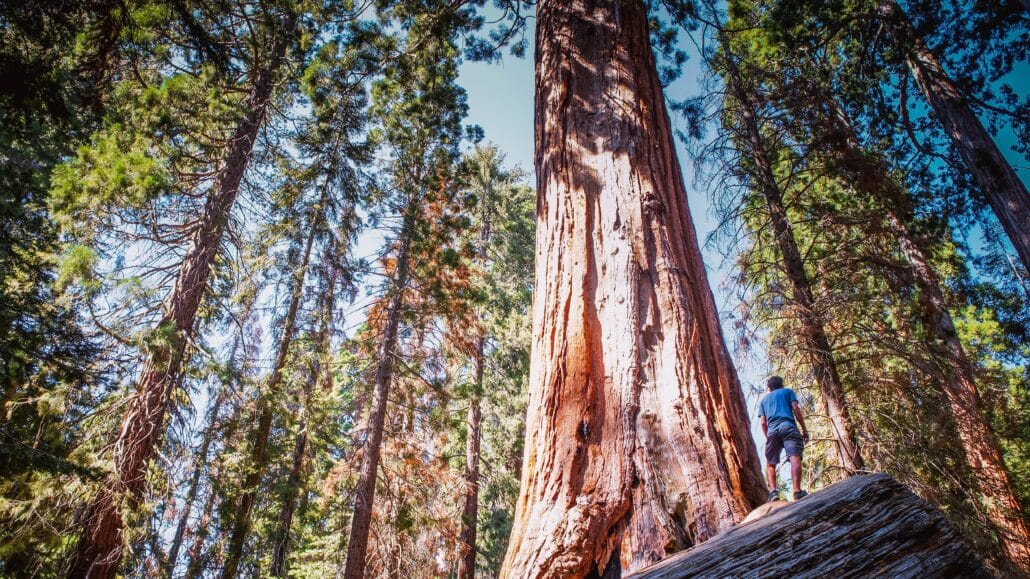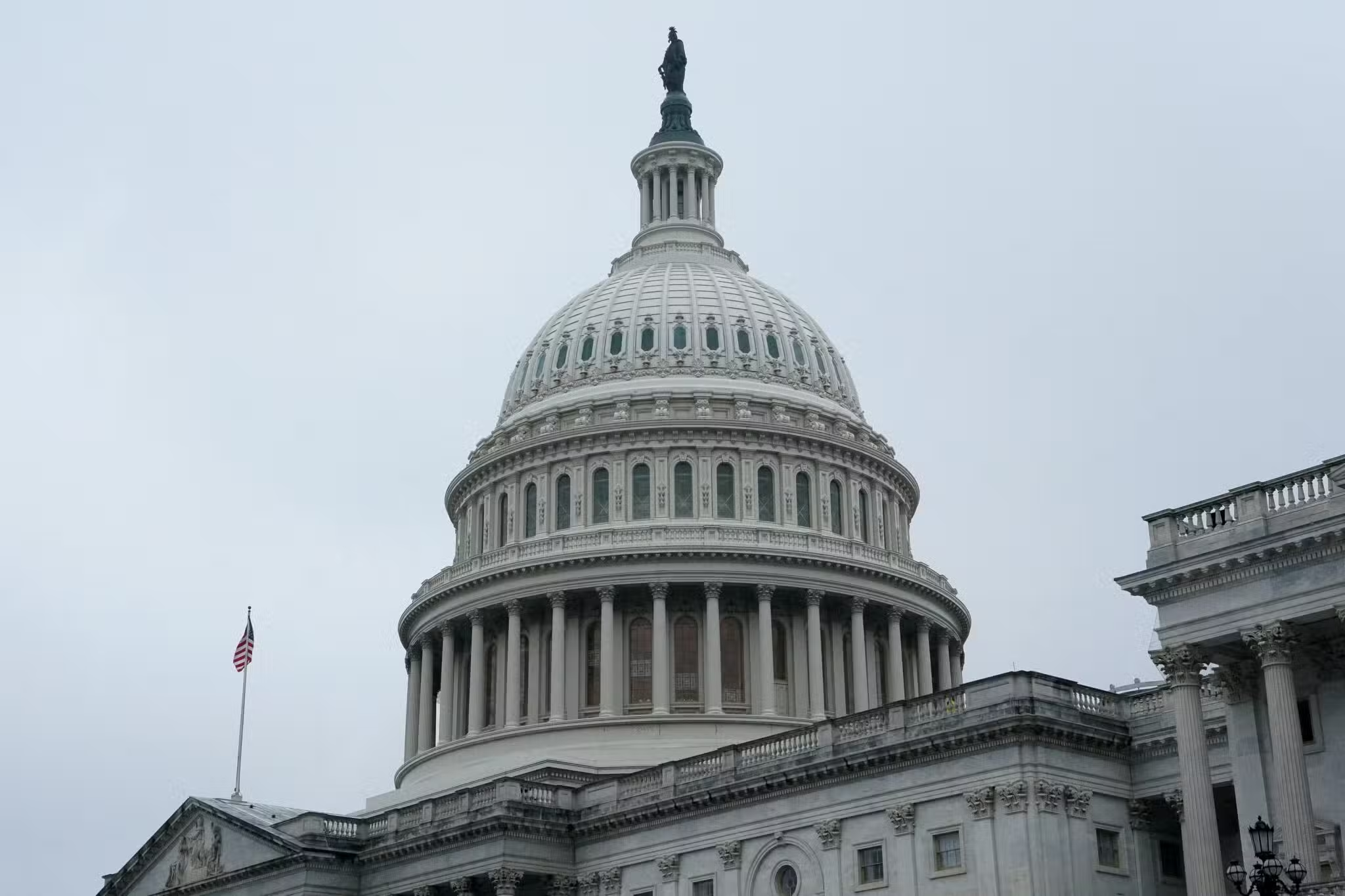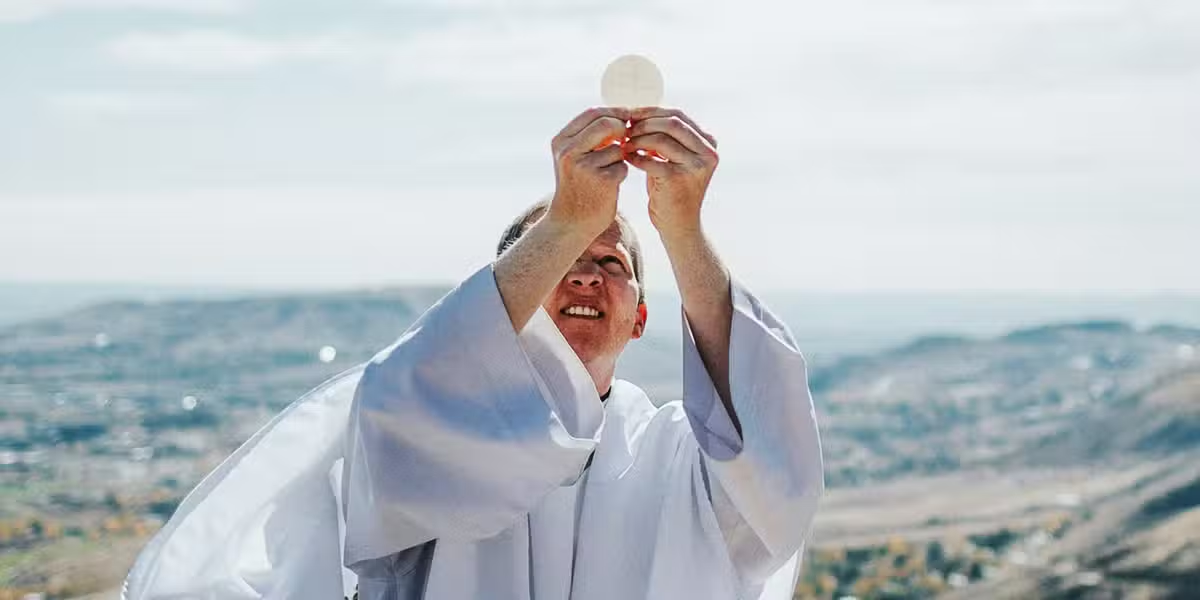I’ve always been a small-is-beautiful sort of person. I have an aversion to big: big business, big agriculture, big pharma, big brother, big box stores, and so forth—even as I, like everyone else I know, am hopelessly entangled in big’s grasp.
Since COVID-19 hit, however, I’ve been rethinking some of my ideas about big—especially since getting my vaccination for COVID-19. In addition to feeling a lot of relief, as I had expected, I also felt something quite powerful that I didn’t expect: a profound sense of gratitude, pride, and even awe at everything it took to get that shot in my arm. On the large scale, it took coordinated efforts from pharmaceutical companies to develop, test, and manufacture vaccines at “warp speed.” It also took massive amounts of federal and state resources to manage the logistics of distributing those vaccines.
On the small scale, I was moved by the kind, quick, competent people who welcomed me to the vaccination site, gave me my shot, and braved the rain to come check on me twice as I waited in my car afterward for any adverse reactions. In all of this, I felt deeply proud of my country.
I should be quick to say that my pride isn’t blind or naive. I know that with America’s federalist system and deeply divided government, the vaccine rollout hasn’t been nearly as fast, smooth, or equitable as it could and should have been. I know that my good experience was most likely a function of where I live, my skin color, and my socioeconomic status. In a heartbreaking way, I know that too many others, in my country and abroad, struggle to get access to a vaccine—certainly a justice issue if ever there was one.
Even with all these disclaimers, though, I am still moved by how so many people mobilized and cooperated to accomplish this large goal of fast, broad-scale vaccination. We, who have been gridlocked and dithering in the face of so many urgent needs, finally got our act together and did something big.
Small Acts, Big Changes
Sometimes—actually quite often—you have to go big, whether it’s defeating the Nazi regime, stopping a pandemic, or addressing the myriad social and ecological challenges that we currently face. So, if we can’t avoid doing big things, how do we do them in the best possible way?
As I’ve been pondering this, I’ve been thinking there are two main variables that dictate a variety of large-scale outcomes. There’s the big vision or plan, and then there are the means, which are always small: the myriad individual actions that add up to the end result.
The worst combination of these variables is when you have both a flawed vision and flawed means. In this scenario, you get Hitler’s genocidal plan for a “pure” Aryan race. You get the Hutu militants of Rwanda attempting to kill all members of the Tutsi tribe. And in these and other kinds of atrocities, you get not only the madmen leaders but also the individual citizens who are willing to commit—or allow—atrocious deeds against their neighbors.

Less explicitly evil, but still a problem, is to have no overarching vision or plan and flawed means, where individual people and entities act in thoughtless, cruel, or selfish ways. Most of our macro-level social, economic, and ecological dilemmas have arisen from this approach. We never made intentional, society-wide decisions to create climate change, widen economic disparity, and degrade our civic structures, but the sum total of our ignorance and moral blind spots has done so nonetheless.
A third path is to lack a grand vision or plan but to employ good means on the small scale. The resulting acts of personal kindness and generosity may indeed add up to or catalyze larger-scale good—I believe that they do—but no one can know in what way or whether the results will be on a time frame and scale sufficient to the need. I don’t discount this path; it’s a far cry better than the first two alternatives and could be a reasonable default stance for all of us, to do the good we can where we are, even if we don’t know if or how it fits into a larger picture.
On the fourth and most preferable path, we share a cohesive, healthy, inspiring vision and pursue it by honorable means. On this path, we can do big, good, necessary things like a fast, equitable, global-scale vaccination program, like a rapid transition to a sustainable, regenerative economy, like protection and healing for our ailing ecosystems, like ending all forms of racism and slavery, like ensuring universal access to the basic goods necessary for a fulfilling life.
Led by Faith
Our Christian faith can be an essential aid for us as we discern, articulate, and evaluate large-scale visions and as we perform the small, local actions that contribute to large-scale change. Our tradition has a big, inspiring vision: of inclusivity, equity, belonging, and love. It also has a cosmic perspective, in which all human efforts and systems of knowledge, belief, and action end up being small and humble against the backdrop of the vast stretch of God’s time and the immense spaciousness—and strangeness—of God’s evolving universe.
The Gospel inspires us to greatness even as it keeps big from going to our heads. Our faith calls each of us to personal responsibility and action, in accord with the broader vision.
All of us can—and must—leaven the larger loaf and plant the mustard seeds of our faith so that those seeds can grow large enough to shelter the birds of the air and even to move mountains.
In the video below, I talk more about the link between a healthy planet and a healthy faith life. Enjoy!







